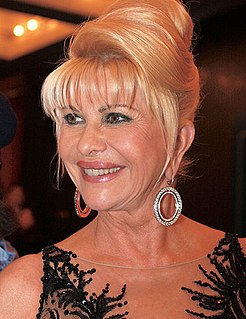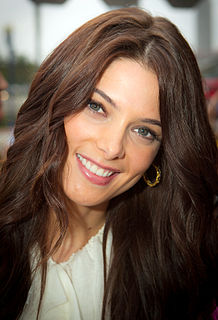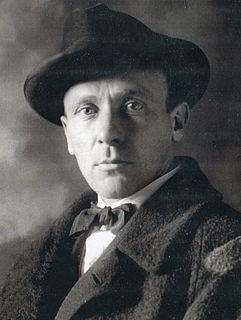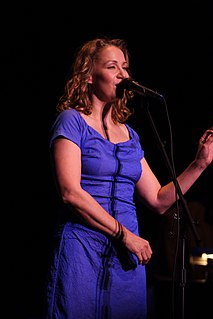A Quote by Pauline Collins
Certainly, I, as an audience, am stricken with terror if I see only two people onstage. And one person, I think, is even harder for people to take.
Related Quotes
I'm certainly not going to tell other people what they should do with their own personal lives. I think it's certainly easier for a director to be out. The public is not going to see a movie because the director is gay or straight. It's maybe a little harder for an actor or actress because of, you know, the love roles and stuff. But gay people have been impersonating heteros in the movies for years. So, hopefully, that is becoming less of an issue. I think it would have been really great if a gay person had played a gay person. That's brave!
About 95% of the people listening to me agree with me. But I can continue to work with half or 30 or 20% of the audience hating me. In fact, one of the things I've had to do psychologically, in order to thrive, I've had to learn how to take being reviled and hated as a sign of success. Most people are not raised - I certainly wasn't - to want to be hated. I can only think maybe one or two people who were. Hitler. Maybe somebody else. Maybe Saddam.
Kindness. The only possible method when dealing with a living creature. You'll get nowhere with an animal if you use terror, no matter what its level of development may be. That I have maintained, do maintain and always will maintain. People who think you can use terror are quite wrong. No, no, terror is useless, whatever its colour – white, red or even brown! Terror completely paralyses the nervous system.
When a dancer comes onstage, he is not just a blank slate that the choreographer has written on. Behind him he has all the decisions he has made in life. Each time, he has chosen, and in what he is onstage, you see the result of those choices. You are looking at the person he is, and the person who, at this point, he cannot help but be Exceptional dancers, in my experience, are also exceptional people, people with an attitude toward life, a kind of quest, and an internal quality. They know who they are, and they show this to you, willingly.
Normally classical music is set up so you have professionals on a stage and a bunch of audience - it's us versus them. You spend your entire time as an audience member looking at the back of the conductor so you're already aware of a certain kind of hierarchy when you are there: there are people who can do it, who are on stage, and you aren't on stage so you can't do it. There's also a conductor who is telling the people who are onstage exactly what to do and when to do it and so you know that person is more important than the people on stage.
Even if I'm doing a show and there's five people in the audience and the sound system is terrible - I mean, it's been a while but I've certainly done those kind of shows where it's just every conceivable thing is against you - you still have music. It's still something that's real whether there's five people in the audience or a hundred thousand people in the audience. And that's always been there for me.
I started to make harder jokes before anyone else did. And the producers would get anxious. They'd say, 'That's a little bit hard-edged, isn't it?' And I'd say, 'Let's just try it and see how the audience reacts. If they don't like it, let's cut it out.' And the audience roared with laughter, so I learned you could do this harder humor and people loved it.
A lot of people that I know are bugged with the idea that they have got to have an audience, or they have got to be liked. I think the more that you fall into that trap it makes your own life harder to come to terms with, because an audience appreciation is only going to be periodic at the best of times.




































